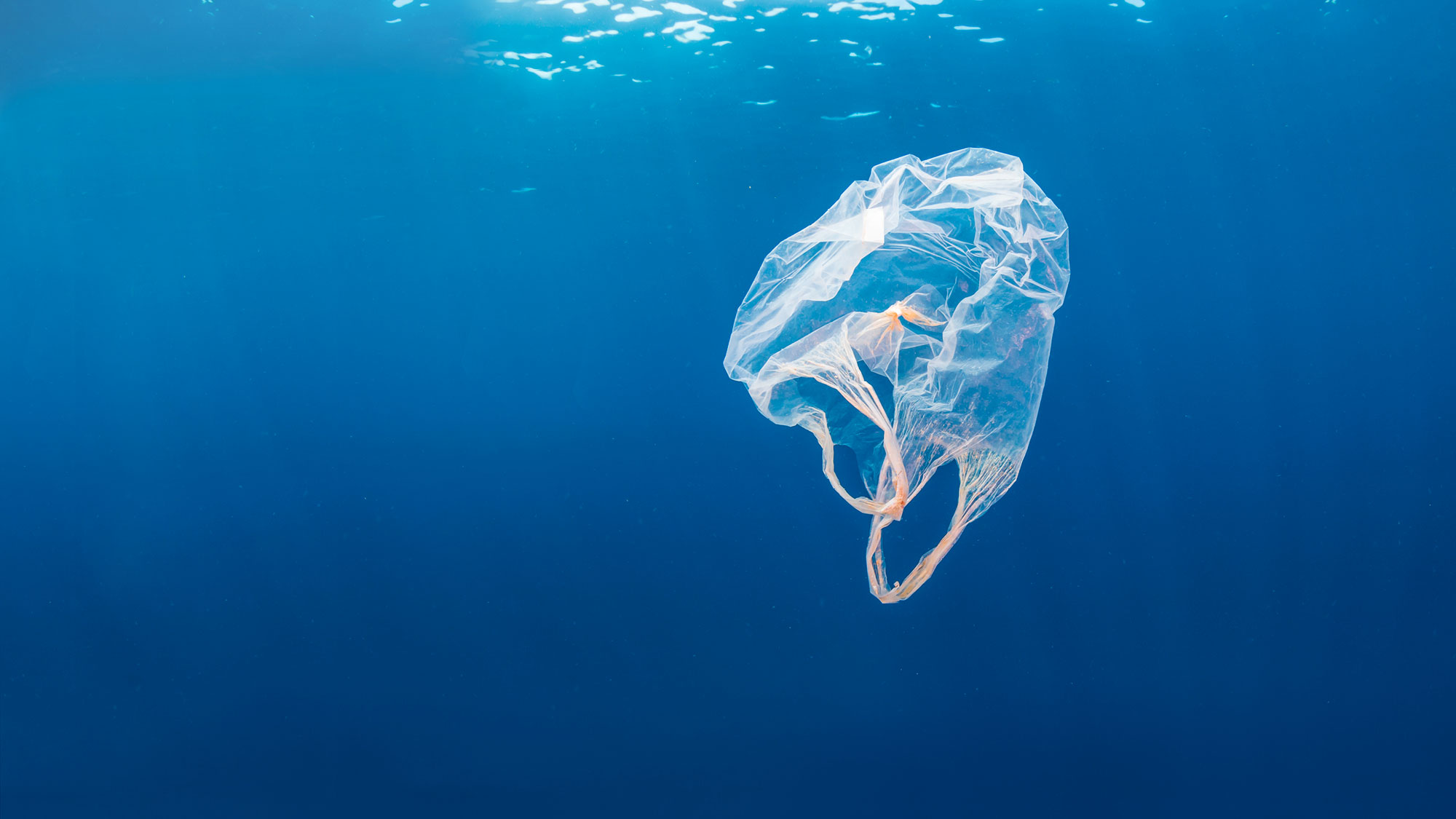- Water and waste management - SUEZ in ASIA
- News
- World Ocean Day: every action counts
World Ocean Day: every action counts
80% of maritime pollution is of land-based origin and 90% is caused by plastics. Plastic waste, when not collected, sorted and recovered on land, eventually reaches the seas and oceans via rivers where it breaks down into micro and nanoplastics. Water from washing machines is also responsible: one washing cycle releases thousands of plastic microfibres (contained in synthetic clothing) into the sewage network.
Which is why the fight against ocean pollution must continue on land, by managing and recovering waste properly and by improving wastewater treatment. Everyone can take action to protect the oceans: institutions, companies, associations, citizens.
Preventing microplastics from reaching the ocean
Together with partners, we have launched the first ever research programme focusing on microfibre pollution. Its aim is to improve the capacity of wastewater treatment plants to retain microfibres on land. The programme has already provided an initial diagnosis. We are also leading the Microplastic research programme, conducted with several public and private partners, which aims to detect, quantify and model dispersion, and study risks to the ecosystem.
Methods for sampling and analysing microplastics adapted to wastewater have been developed and made more reliable. Measurement campaigns have been carried out on wastewater treatment plants to determine the performance of the different treatment technologies. Results indicate that plants can cut microplastics by 80 to 98% depending on the treatment methods used.
Individual consumers can also change their purchasing habits by reducing, for example, synthetic clothing, toothpastes and cosmetics containing microbeads and by washing their clothes better (cold washing to avoid breaking fibres, filling the machine properly to reduce machine cycles, etc.).
Reuse plastic collected on beaches
Listening to the sea to preserve marine ecosystems
Organising a plastic waste collection
Encouraging citizens to be eco-friendly to reduce plastic pollution with Réco
According to the Ellen MacArthur Foundation, there could be more plastic than fish in the oceans by 2030. To reduce this pollution and increase the proportion of recycled plastics, we have developed the Réco offer, an incentive solution that allows residents to receive a voucher for each returnable plastic bottle.
Deployed with the support of our partners, supermarkets and local authorities, we aim to increase plastic recycling rates by 2030 in line with the European Union's objective of recycling 30% of plastic bottles by 2030. In 2018, there were 100 Réco kiosks in France, collecting nearly 100 million bottles and flasks, or more than 2,800 tonnes of plastic.
Restore the shellfish reefs of Port Phillip Bay
In Australia, shell reefs are among the most threatened marine habitats in the country. They suffer from pollution, introduced species and industrial fishing activities. Yet they provide many economic, social and environmental services to coastal communities and environments, including job creation, coastal protection and biofiltration.
That's why we partnered with The Nature Conservancy to restore and better protect them. Together, we developed the ambitious "Shuck Don't Chuck" project in Port Phillip Bay, which involves collecting used shells from seafood served in local restaurants and recycling them into marine habitats to restore the Bay. These shells allow oysters and mussels to attach themselves to them and grow, so that more shellfish can return to the reefs.
The result: less waste, rejuvenated habitat for all species and a return on investment for fishers to sustain better fish supplies and healthy ecosystems.
-
WeChat
Scan this QRCode with your mobile app WeChat to share it with your friends and in your moment
- Share Twitter
- Share Facebook
- Share LinkedIn

